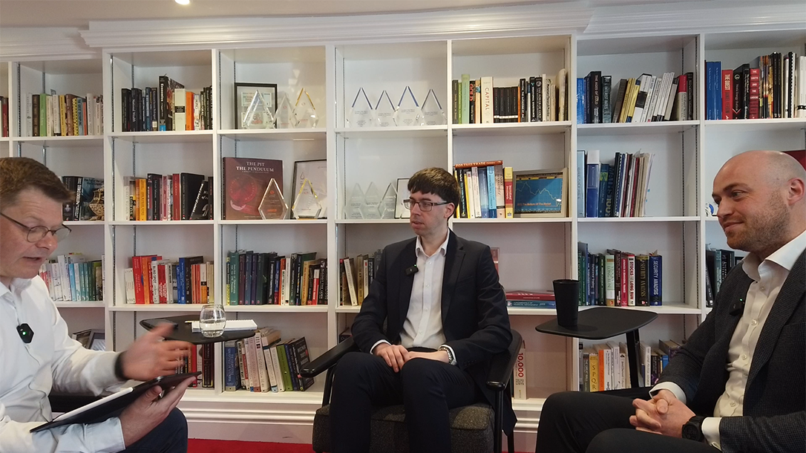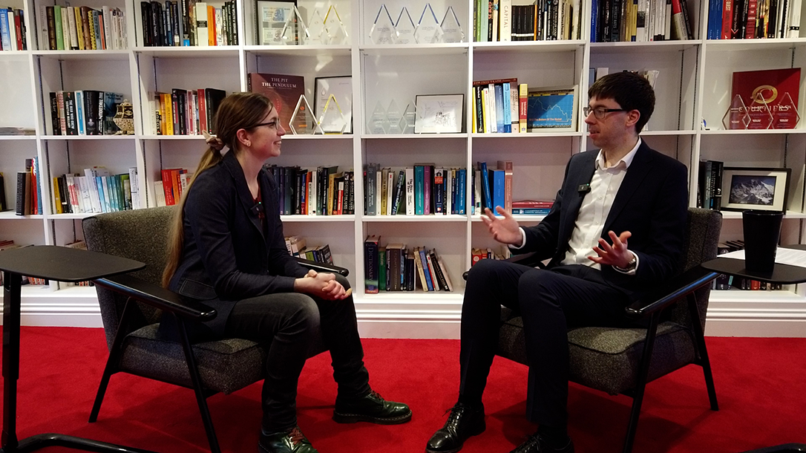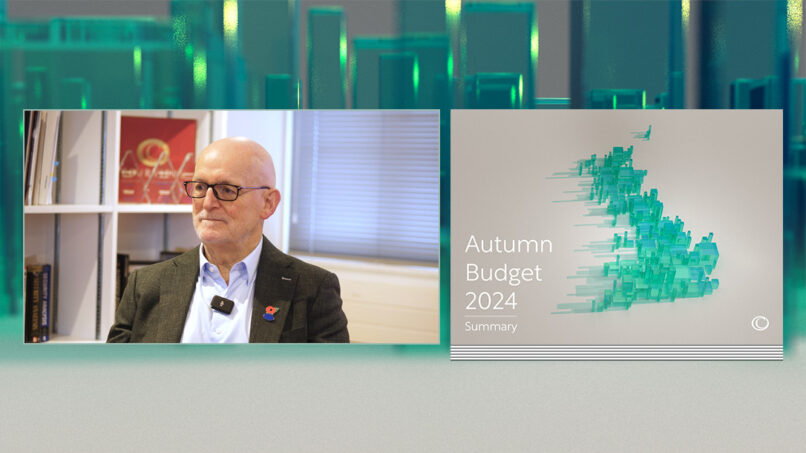The Labour leadership election resulted in a resounding win for Jeremy Corbyn, who received 59.5% of the votes and was comfortably ahead of his nearest rival, Andy Burnham, who received 19.0%. Registered supporters, who paid £3 for the right to vote in the election and formed a quarter of the voting base, were particularly supportive of Corbyn as he received 85% of their votes. The result prompted several big name Labour MPs to stand down, including shadow Health Minister Jamie Reed and shadow Education Secretary Tristram Hunt. Ed Miliband also ruled out a place in the shadow cabinet.
German car manufacturer Volkswagen hit the headlines when it admitted to cheating emissions tests. It emerged that eleven million Volkswagen cars worldwide had been fitted with a ‘defeat device’ which could detect when the engines were being tested and then change the performance accordingly to improve results. Volkswagen’s chief executive, Martin Winterhorn, resigned as a result of the scandal, and the value of the company’s shares fell by 37% over the course of the month.
In the UK, inflation fell back to 0% in the twelve months ending August 2015. The Consumer Prices Index (CPI), which measures the rate of inflation in the UK, has hovered between -0.1% and 0.1% for the last seven months. The largest downward contribution to the CPI over the last year is the transport sector, which has borne the brunt of falling fuel prices.
Following on from a dismal August, September was another poor month for developed market equities. In the UK, the FTSE 100 index returned -2.86%, the FTSE 250 (ex IT) index returned -2.26% and the FTSE Small Cap (ex IT) index returned -2.00%. US equities, measured by the S&P 500 index, returned -2.47% while European markets, measured by the Euro Stoxx 50 index, returned -5.05%. The Topix index, which measures Japanese equities, returned -7.51%.
Emerging markets also continued to falter, as the MSCI EM (Emerging Markets) index returned -1.67% during the month. Chinese equities, represented by the MSCI China index, returned -1.90% and Latin American equities, measured by the MSCI EM Latin America GR index, returned -3.21%. Indian equities, measured by the IISL CNX Nifty PR index, returned -0.28%.
It was a bad month for most commodities, as the S&P GSCI index, which consists of a basket of commodities including oil, metals and agricultural items, fell by -6.33%. Brent blend oil, measured by the Oil Price Brent Crude PR index, fell by -10.67%. According to the S&P GSCI Gold and Silver indices, the price of gold fell by -1.52% and silver fell by -0.46%. The agricultural markets managed to buck the trend, as corn rose by +3.33% and wheat rose by +5.72%.
Bond market returns were mixed during the month. The Bank of America Merrill Lynch Euro High Yield index returned -2.46% and the Bank of America Merrill Lynch Sterling High Yield index returned -1.03%. In the domestic sovereign bond market, the FTSE Gilts All Stocks index returned +1.23% with long dated (over 15 years to maturity) returning +1.77%. Overseas, European government bonds, measured by the Markit iBoxx Euro Sovereigns index, returned +1.34% while European corporate bonds, measured by the Markit iBoxx Euro Corporates index returned -0.74%. Sterling denominated corporate bonds, measured by the Markit iBoxx Sterling Corporates index, returned -0.09%. Emerging Market sovereign debt, measured by the JP Morgan EMBI Global index, returned -1.38%.
In the currency markets, it was another poor month for the pound as the US dollar, the euro and the Japanese yen appreciated against it by +1.53%, +1.15% and +2.74% respectively.













